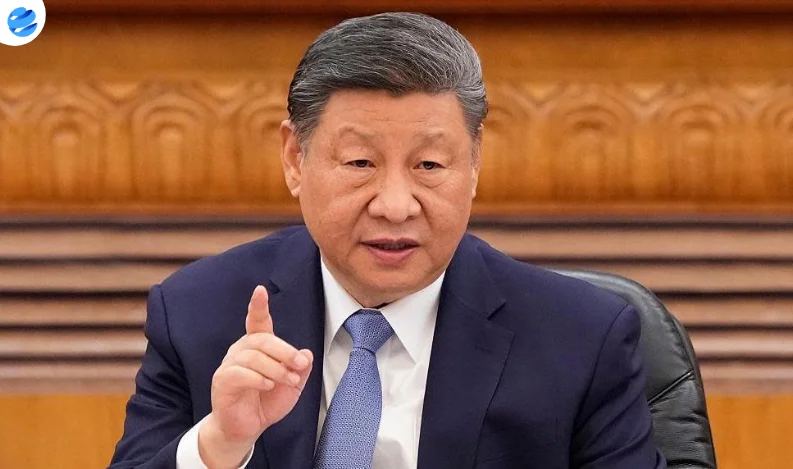China has strongly rejected accusations made by U.S. President Donald Trump that it violated the recently signed Geneva trade agreement. In a firm statement issued Monday, China’s Ministry of Commerce countered by accusing Washington of breaching the deal’s terms and warned that escalating U.S. actions could harm bilateral relations further.
Trade tensions between the world’s two largest economies have once again escalated just weeks after Treasury Secretary Scott Bessent and Chinese Vice Premier He Lifeng met in Geneva, resulting in a 90-day suspension of most tariffs. Since then, the Trump administration has rolled out new tech export restrictions targeting semiconductor design tools and chemicals and imposed limits on visas for Chinese students, moves that Beijing claims directly violate the spirit of the Geneva agreement.
“These steps seriously undermine the consensus reached in Geneva,” said a spokesperson for China’s Ministry of Commerce. “China will not hesitate to take measures to protect its rights and interests if the U.S. continues to damage our economic cooperation.”
Beijing Holds Firm as U.S. Ramps Up Pressure
The Chinese government is signaling a hardened stance. On Monday, state media emphasized efforts to tighten controls on rare earth mineral exports and clamp down on illegal mining. The move is seen as part of China’s strategic response to American pressure and a message that Beijing is prepared to weaponize its dominance in critical resources.
“Beijing is comfortable taking an extremely firm stance,” said Stephen Olson, visiting senior fellow at the Yusof Ishak Institute in Singapore. “Any agreement with Trump’s administration is seen as temporary, not final.”
The spokesperson reiterated that China had “strictly implemented” the terms of the Geneva agreement, citing recent tariff and non-tariff concessions made in April. These steps, China claims, directly contradict Trump's social media post last Friday accusing China of “totally violating” the agreement.
Calls for Leadership Dialogue Amid Stalled Talks
In an interview on Fox News, Treasury Secretary Bessent acknowledged that trade talks have stalled, suggesting that progress may now depend on direct dialogue between President Trump and President Xi Jinping.
Kevin Hassett, director of the National Economic Council, said Sunday that a Trump-Xi call could take place this week, aimed at preventing further deterioration in trade relations.
But analysts warn that cultural and procedural differences between the two governments may delay any top-level discussions. While Trump prefers leader-led deal-making, Chinese diplomacy traditionally reserves such meetings for when lower-level officials have finalized agreements.
“The U.S. wants a photo-op and quick resolution,” said Bert Hofman, professor at the National University of Singapore. “But China insists that summits happen only after detailed work has been completed.”
Military Tensions Add to Diplomatic Strain
Trade is no longer the only point of contention. Speaking at the Shangri-La Dialogue in Singapore on Saturday, U.S. Defense Secretary Pete Hegseth warned that China’s military actions in the Indo-Pacific posed a “real and imminent” threat.
“Allied nations must increase defense spending to push back against China’s growing military pressure,” Hegseth said.
China responded swiftly. The country’s defense ministry accused the U.S. of instigating a “Cold War mentality” and undermining regional stability. In an unusually sharp tone, Beijing's embassy in Singapore labeled the U.S. as “the biggest troublemaker” in the region.
Notably, China did not send its defense minister to the annual summit this year, marking the first absence since 2019. Analysts see this as a deliberate diplomatic signal underscoring Beijing’s disapproval of Washington’s rhetoric and military posture.
Outlook: Uncertainty Looms Over Bilateral Relations
The ongoing disputes between the U.S. and China, both economic and military, signal rising geopolitical tensions that may take months or longer to cool down. With both sides entrenched in their positions, and Washington now turning to direct leadership talks, the path forward remains unclear.
While Beijing insists it is upholding the Geneva deal, Washington continues to issue fresh accusations. Unless a new round of high-level discussions results in tangible resolutions, the risk of a renewed trade confrontation, and broader diplomatic fallout, remains high.























